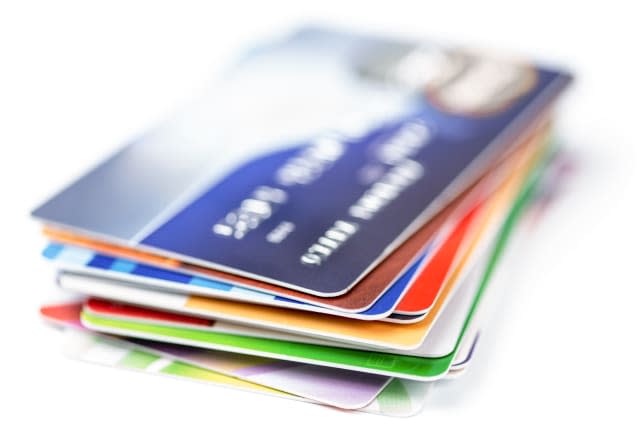Digging into debt - the truth revealed

When do you reckon you'll be completely debt-free, with no more student loans, mortgage repayments, or credit card bills? Unfortunately it might actually be later than you think, or so suggests some research into the average debt-free age. So how can you tackle debt sooner?
The average UK consumer can expect to be free of debt by the age of 69, 12 years later than they anticipate, according to research from the Centre for Economics and Business Research and peer-to-peer lending firm, Zopa. This is likely to be 64 if mortgages are not included.
The average unsecured debt, excluding mortgages, is £4,100 per person. %VIRTUAL-ArticleSidebar-debt-advice%
These figures may seem frightening, and any kind of debt should be something you think very carefully about. But if you wish to buy a house, it's likely you will need to take out a mortgage. Student loans are a debt many take on too, but if you wish to go to university they may be necessary.
Often things only start to get tricky if repaying money to creditors starts to become unaffordable, or you start getting behind with your rent, mortgage, or bills. This is when perfectly manageable borrowing might have turned into the sort of debt problem that might start giving you sleepless nights.
If you are worried about debt, you are not alone, but there are things you can do and you do not have to struggle in silence.
Dealing with debt
The report suggests Britons take on a variety of loans, with the most popular being credit cards (41%), followed by unsecured loans (21%) and student loans (19%).
Paying off unsecured debts is a struggle for 27% of those surveyed, and 24% admit that debt makes them worry about the future.
Not sure what we mean? Secured and unsecured borrowing explained
Before you start to tackle them, it's a good idea to know which debts you should prioritise. The consequences of not paying off some debts first can be serious. Sit down and divide your debts into emergencies, priority debts and non-priority debts.
A debt emergency is one which could result in court action; bailiff action; eviction for mortgage or rent arrears or disconnection of your utilities. Our guide tells you how to prioritise your debts.
Your debts may feel unmanageable, but there is always something that can be done. We talked to the inspirational blogger Disease Called Debt, who cleared debts of £42,000 in 22 months with careful budgeting and cutting back.
Read Disease Called Debt's blog for encouragement
There are also lots of places you can go for free, confidential debt advice local to you.
Our debt specialist Colin Kinloch says 'Problem debt can be stressful, putting a real strain on relationships as well as finances but getting advice is quick and easy and the services we recommend work with hundreds of thousands of people every year. Debt advisers are completely non-judgemental and you can get in touch with them online, over the phone or in person. All the services we signpost to in our locator tool are free, impartial and offer an effective, high quality service to help get you out of problem debt.'
This article is provided by the Money Advice Service.






